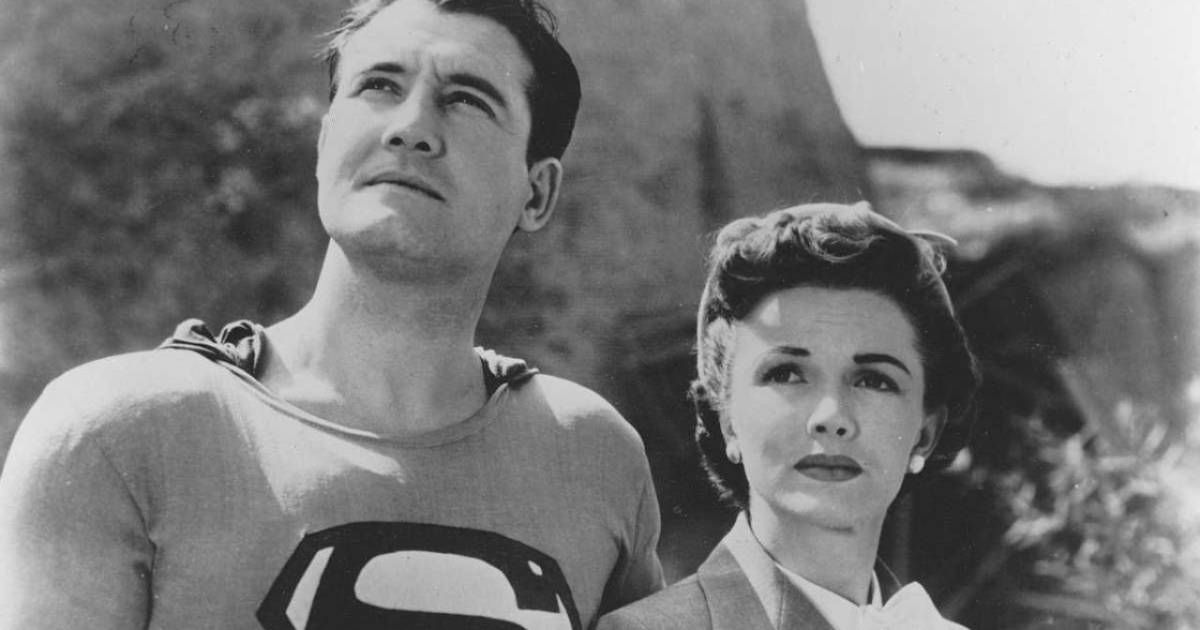Frankenheimer’s masterpiece grows in stature with each passing year due the relevant themes of existentialism, and free-will. But much like the main character, the film starts off as one thing, reinvents itself, and becomes something else entirely in the brutal, yet necessary, final moments. In a span of a few seconds, it evolves into a film about the devastating inhumanity caused by corporate greed. The fictional company uses tactics that are very much in line with what is practiced today by mega-corporations. “The Company” uses a referral program as its recruiting strategy to encourage more clients to join the false promises of a second chance at life. Customers get rewarded for each new user that signs up, so they very much become a slave to the system. Only this time, each referral is a matter of life and death, so everyone involved is gambling with the lives of others. In 1966, this premise may come off as dystopian, but today, with thousands of lives dying at sweatshops all around the world, the idea of big corporations sacrificing human lives for profit isn’t that far-fetched at all.
Frankenheimer’s third entry of the “paranoid” trilogy also taps into the relationship between physical appearance and personality in a psychological exploration of identity. Does your personality influence your appearance, or does the way you look have a direct effect on the way you are? Through the physical transformation from Arthur Hamilton to Antiochus Wilson, our main character alters not only his face but his vocal cords as well. After the drastic changes take place, I couldn’t help but notice that his demeanor and personality gradually changed too. He becomes more lively, confident, and outspoken, especially in the party sequence. The way people react to the way he looks has a direct effect on the way he responds to them.
In the scene where Wilson visits his former wife, Frankenheimer poses questions on the effects the procedure has on memory. Do the memories of his past self grow more distant the more he spends time as a second? Will they eventually feel like they belonged to another person, another man? Are his current actions and behavior being dictated by his old self or his second self? It’s fascinating how appearance has a direct impact on identity. Frankenheimer once explained, “What the picture really says is that you are who you are; as soon as you try to erase the past, you’re doomed.”
You can view the original article HERE.





























